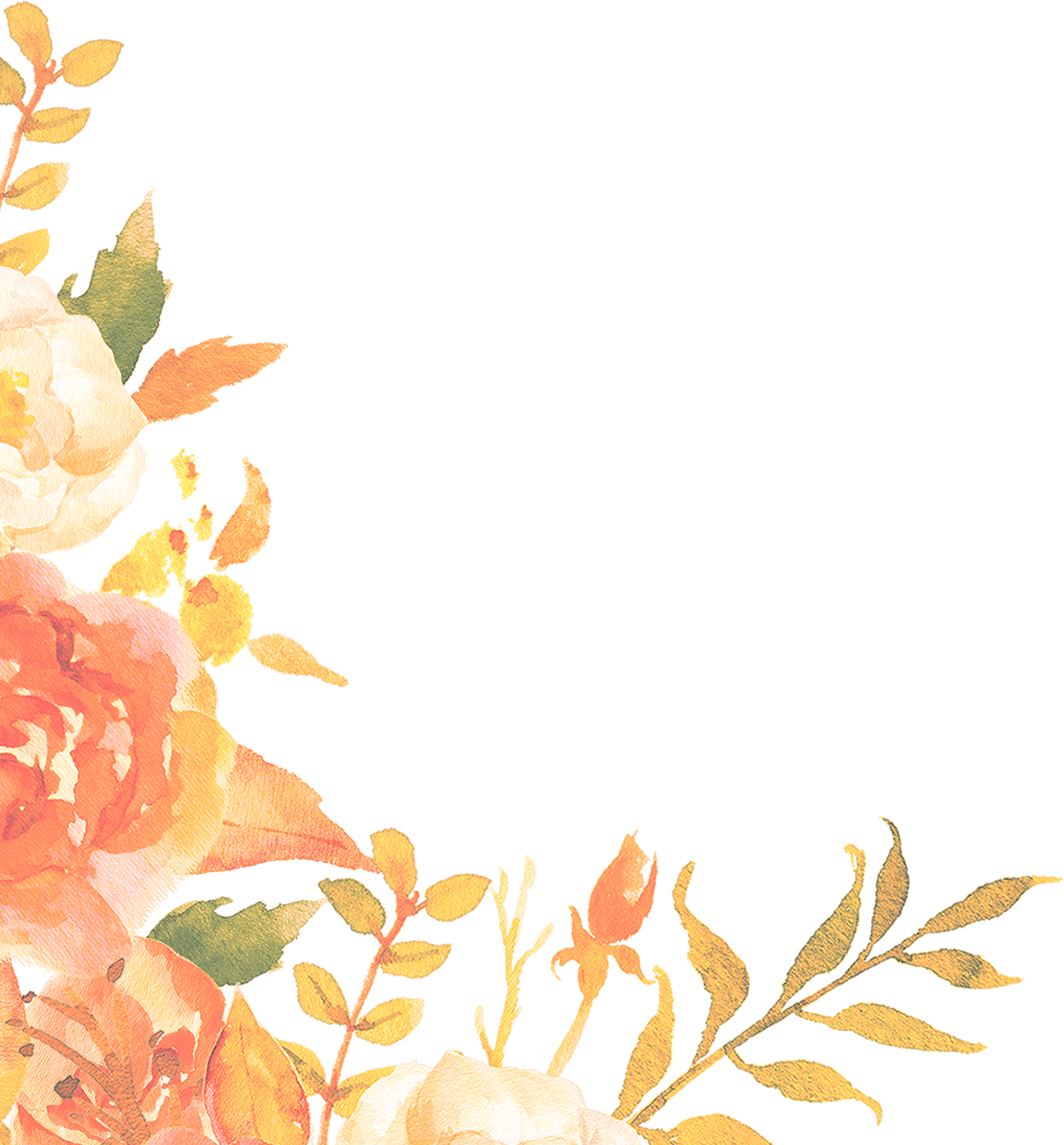



Awesome! I got so much out of it and have already started applying it to my everyday life. Lots of simple things that can be done to improve day to day experiences. I thought if I learn one thing per session I’d be pleased; as it was I learnt stacks!”
-PAST CLIENT
Previously I asked you to think about whether there is someone in your life whom you are holding a grudge against. Or perhaps life has dealt you a blow which you find difficult to make peace with. Today I want to discuss how you can build on the insights gained from last week’s suggestions, and actually forgive someone or something. Please note, however, that some injuries such as abuse, rape, or serious betrayal require extensive counselling before a victim can forgive them. In such cases initial acknowledgement and emotional processing is far more important. Therefore, as you practice forgiveness in line with my suggestions, please start with a somewhat less serious transgression.
There are a number of ways to forgive. Sonja Lyubomirsky suggests an imagination exercise, in which we close our eyes and imagine meeting the person who wronged us. How do we feel, and what would we say to him or her?1 Can we see anything in them that we have not noticed before? Are we able to imagine them saying something to us? This approach is not for everybody. When I tried it I found it difficult to really ‘see’ the person, however, it still was very helpful in preparing me.
Lyubomirsky also advocates writing a letter of forgiveness. In it, describe in detail the event or offense that injured you. Explain how this affected you at the time and outline the long term consequences you suffered. Write what you wish the person had done instead or what could have taken place to help you. Then note what you understand about the incident and about your transgressor. Finally, state that you forgive him, her, or the event.2
I know that some people don’t like putting pen to paper. Research has consistently shown, however, that writing about difficult events fosters psychological and physical wellbeing. McCullough, Root and Cohen stress that this is because writing promotes the development of a logical story which can be interpreted. It is a way to make sense of what happened and to find meaning in it. They note that particularly writing about the benefits that can be perceived in traumatic experiences has shown to help individuals accept, resolve, and feel less bitter about them. Their study showed that people who wrote about benefits they could find in having suffered a transgression by another were more likely to forgive.3 I think that writing really supports the forgiveness process because it slows us down, heightens our seriousness, and deepens our reflection on an issue. It would be my recommendation to start with the imagination exercise and then write, allowing space to vent feelings of being wronged and hurt before turning to have a good look at what was gained by the incident.
Martin Seligman recommends a five-step forgiveness process called REACH developed by Everett Worthington:
R stands for recalling the hurtful event. Seligman points out that it is important to do this as objectively and calmly as possible. Try to visualise what happened as accurately as you can but leave your judgements out of it.
E is for emphasising. Look at events from the perpetrator’s point of view. Create the story he or she might tell in a way as close to the truth as you can imagine. Here, Seligman advises, we need to keep in mind that people who hurt others often do so out of fear, pain, or worry. Perpetrators also can hurt because of the situation they are in and not necessarily because of their personality, and when they act, they often don’t think.
A stands for altruism. It means to show unselfish concern or devotion for the welfare of another. Forgiving someone is a gift; it is a truce and wellbeing wish offered because we rise above our own hurt and wish for revenge.
C is for commitment. This represents a contract we make public. It can be a certificate of forgiveness which we show to someone, a letter to the offender, a statement shared with a friend, or even a poem or a song.
H stands for holding on to the fact that the event is forgiven. Seligman notes that memories of the incident will come back, and when they do it is important to remind ourselves that we have forgiven it. At such times it helps to come back to the contract we made.4
Last week I mentioned the course Renewing Love led by Jo Anderson. There was another message in that lecture series which I never forgot. It was a personal account by Jo and went something like this: One day her husband got it into his head that he should buy an apartment building. He had already made his choice. Jo, who smelt a fish right from the start, begged him to get a second opinion from a friend who was an experienced real estate agent. Her husband agreed. The two men went to look at the apartment house, and inspected it top to bottom, inside out. They then regarded it from a distance. At this point the friend said to the husband: “Now have a really, really good look at it.” The husband looked. “And now, turn around, and never, ever look back.” But what did Jo’s husband do? He bought the place! And through that purchase they lost all their material wealth: their house, good furniture, her jewellery, every last luxury item. Jo learnt a big lesson on forgiveness. “Of course, I forgave my husband,” she stated. “But you don’t just forgive once. Every time I had to put something back at the supermarket – something I needed for my family – every time I had to forgive him again and again.”
It is important to remember that. We can touch our greatness, our brotherly love, and our best selves by forgiving a trespass. But the goal is to become a forgiving person. To be willing to forgive again and again. Happiness specialist Robert Holden remarks:
I have learned that unhappiness is a call for forgiveness… when I am unhappy I am being asked to practice forgiveness… Forgiveness is the decision to be happy… To be happy, you have to be willing to let go of your past suffering. Happiness is letting go. Forgiveness is letting go. When you choose one, you choose the other… Forgiveness is restoration. It returns you to yourself.5
© Natalie Lydia Barker 2016
Notes
No Comments